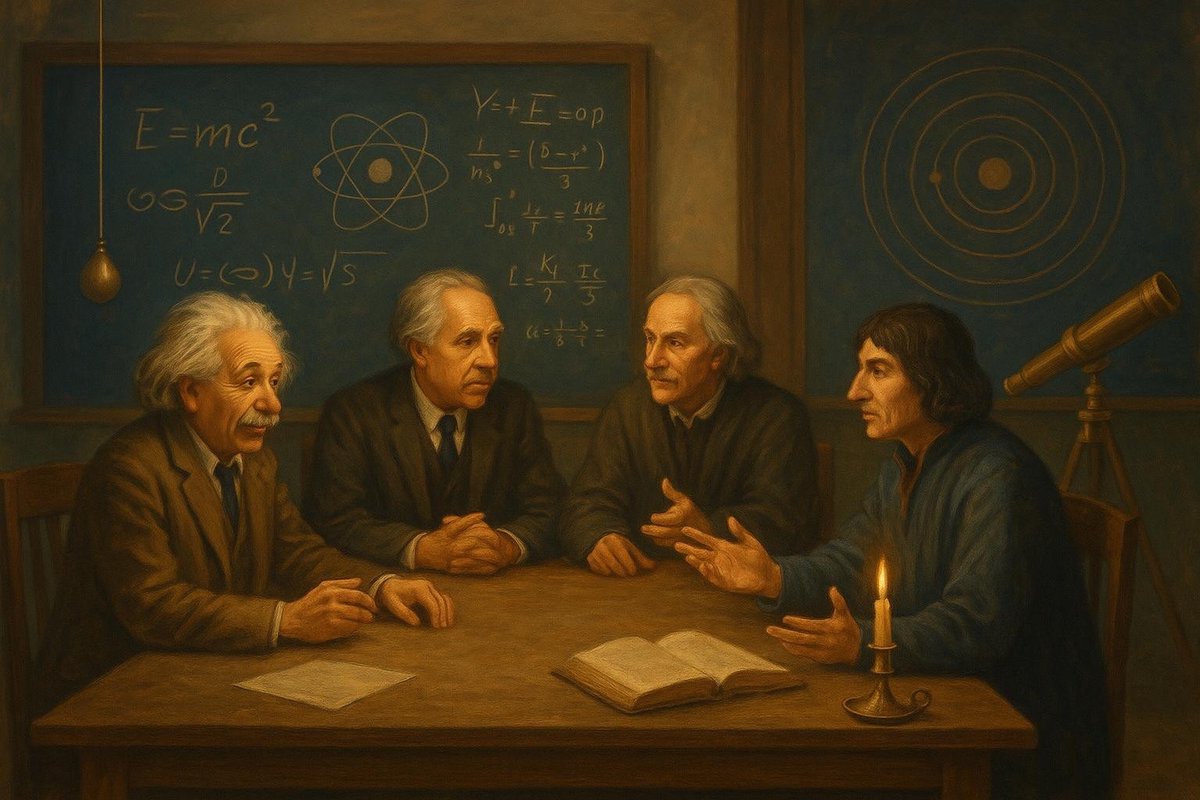
Unpacking the Question: What is Truth in Physics?
What is ‘truth’ in the realm of physics? At first glance, the question seems straightforward, a mere inquiry into the correctness of scientific facts. Yet, as we delve deeper, we find that truth spirals into a complex web of philosophical musings and scientific inquiry. Physics, with its profound equations and theories, does not merely present us with truths but invites us to ponder the very nature of reality.
- Consider how Einstein’s theory of relativity reshaped our understanding of time and space, moving us beyond Newtonian mechanics.
- Reflect on quantum mechanics, where particles exist in states of probabilities rather than certainties.
- Think about how these theories challenge the notion of an objective reality.
These shifts prompt us to ask: Can we truly grasp the universe’s essence? Each theory not only extends our understanding but also humbles us, reminding us of the vast unknown. As physicist Richard Feynman once said, “I think it’s much more interesting to live not knowing than to have answers which might be wrong.” This humility is the bedrock of scientific exploration.
Surprising Facts: When Science Upturns Beliefs
Interestingly, many groundbreaking scientific discoveries have upended prevailing beliefs, revealing unexpected truths. For centuries, humanity believed in a geocentric universe until Copernicus bravely posited a heliocentric model. Such revelations often seem radical, yet they illuminate the deeper truths of our cosmos.
- Imagine living in a time when the Earth was thought to be the center of the universe. How revolutionary must Copernicus’ proposal have seemed?
- Consider how the discovery of the Higgs boson in 2012 at CERN confirmed the existence of the Higgs field, a vital component in the Standard Model of particle physics.
- Reflect on how these discoveries change our perceptions and compel us to adjust our worldview.
These insights illustrate that truth in physics is not static but dynamic, often requiring a shift in perspective. The quest for truth is entwined with the ability to embrace change, to let go of old paradigms in favor of new understandings.
What Science Says: A Journey Through Theories
Science is a tapestry woven from countless threads of inquiry. Each discovery connects us to broader philosophical questions about existence and knowledge. For instance, quantum physics suggests that observation affects reality, prompting us to wonder: If reality is not fixed, can we ever fully know it?
- Consider Schrödinger’s cat, a thought experiment illustrating the strange nature of quantum superposition.
- Reflect on Heisenberg’s uncertainty principle, which states that certain pairs of physical properties cannot be simultaneously known.
- Think about how these principles challenge the notion of deterministic reality.
These scientific principles underscore the idea that truth is as much about the questions we ask as the answers we find. Theories evolve not only through data but also through the philosophical lenses through which we interpret that data. As Niels Bohr wisely noted, “The opposite of a fact is falsehood, but the opposite of one profound truth may very well be another profound truth.”
What it Means for Us: Science and Humility
So, what does this philosophical exploration of truth in physics mean for us? It underscores the importance of wonder, humility, and perspective in our quest for knowledge. By acknowledging the limitations of our current understanding, we open ourselves to continuous discovery, ever expanding the horizons of what we know.
- Imagine science as a lighthouse, guiding us through the vast sea of the unknown.
- Reflect on how each new discovery strengthens our collective understanding while also highlighting the mysteries that remain.
- Consider how this approach fosters a sense of curiosity and openness to new ideas.
Ultimately, the philosophy behind truth in physics teaches us that knowledge is not a destination but a journey. We find ourselves in a dance between certainty and mystery, each step revealing more of the beautiful, intricate pattern of the universe.
Fuel Someone Else’s Curiosity
If this exploration of truth in physics has sparked your curiosity, why not share it with others? Engage in conversations that ponder the profound questions of science and philosophy. In doing so, you contribute to the ever-evolving tapestry of human understanding, enriching not just your knowledge but that of those around you.

Leave a Reply